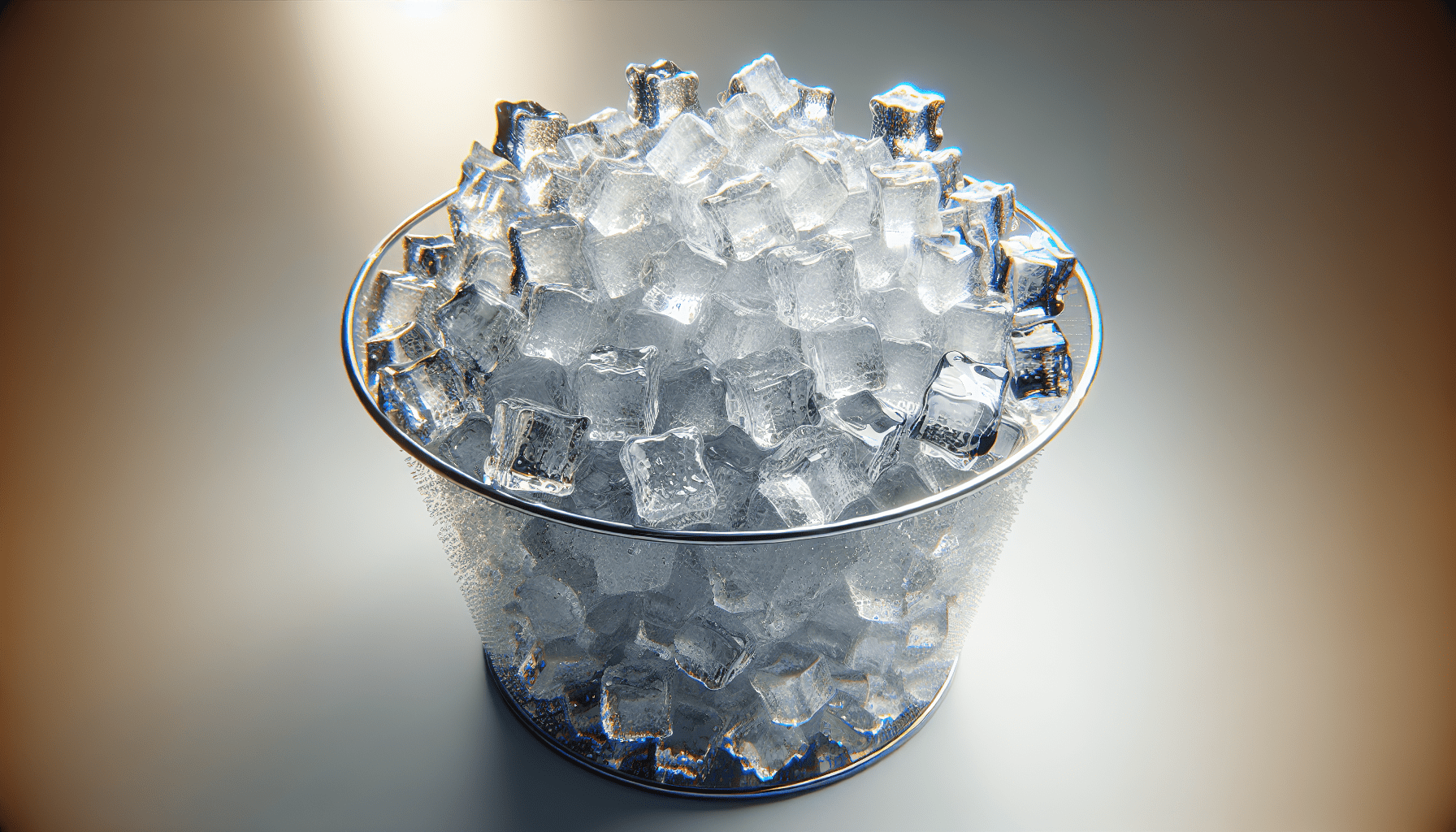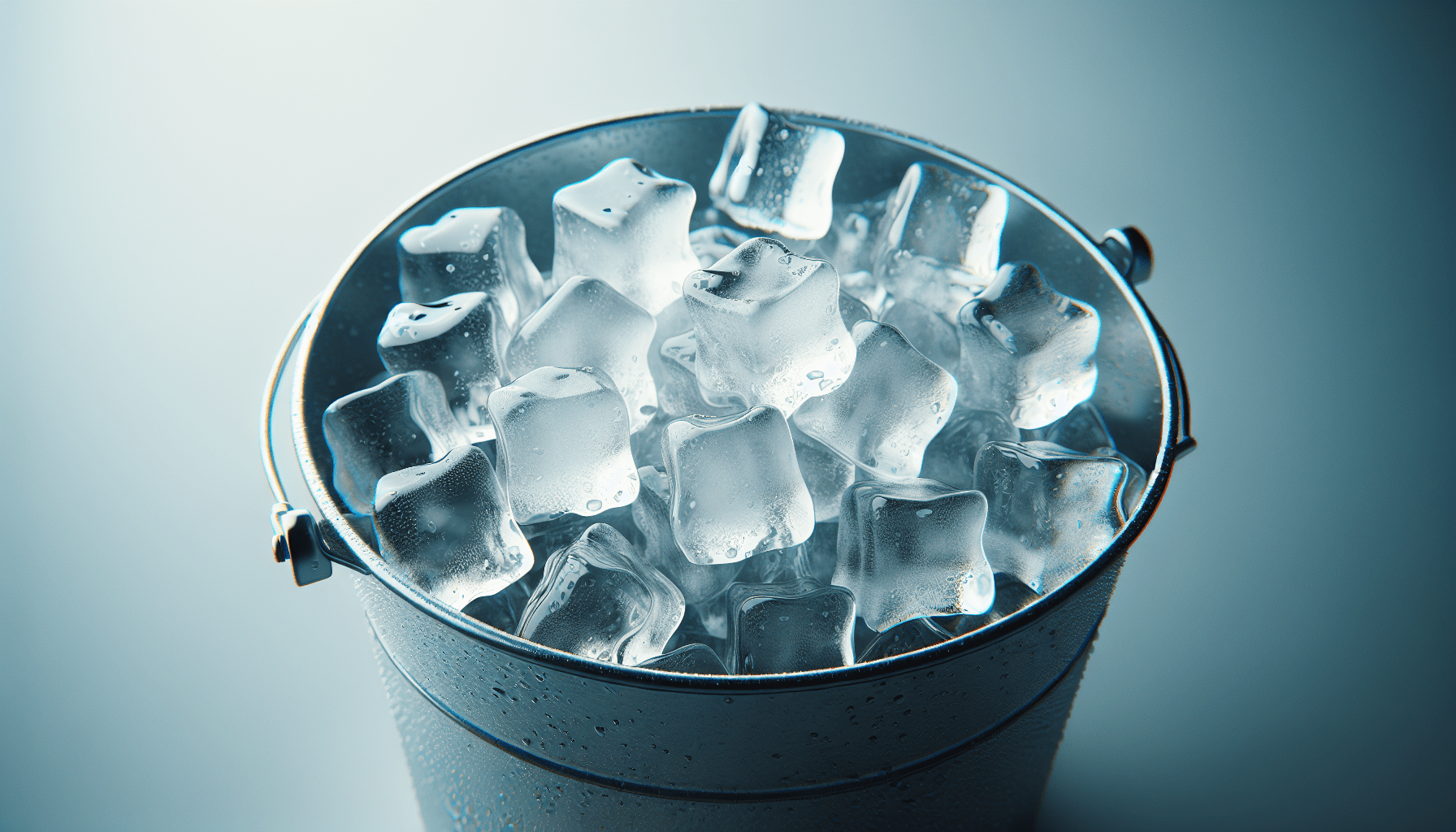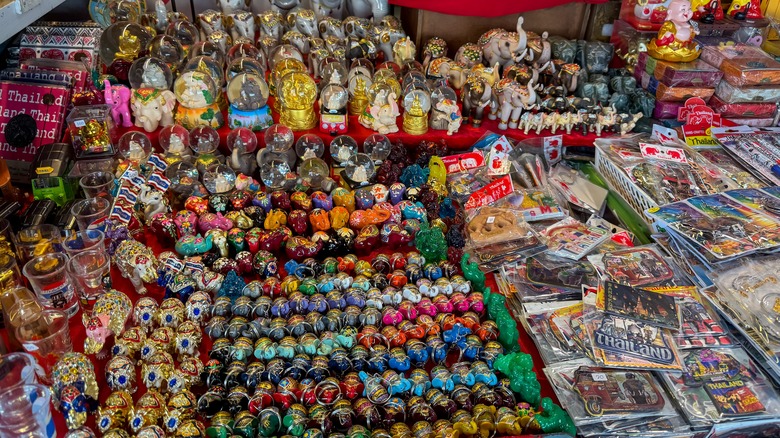DEPOZA 16 Pack Travel Bottles Set - TSA Approved Leak Proof Silicone Squeezable Containers for Toiletries, Conditioner, Shampoo, Lotion & Body Wash Accessories (16 pcs/Black Pack)
$9.99 (as of April 22, 2025 06:42 GMT +00:00 - More info)Have you ever stopped and wondered about the quality of the ice you use in your hotel room? It’s a common amenity, yet one shrouded in mystery. We’ve all heard horror stories about ice making people sick, moldy ice machines, and questionable sanitary practices, which can leave a traveler anxious.
In this article, we’re going to clear up those concerns and arm you with the knowledge you need to confidently use your hotel’s ice. We’ll look into federal regulations, expert advice, and practical tips for ensuring your holiday isn’t spoiled by something as seemingly simple as ice.

Shop These Accessories for a Comfortable Trip
Why the Quality of Your Hotel’s Ice Matters
You might be thinking, “It’s just ice; how bad can it be?” but ice quality can impact your health significantly. Whether you need to cool down your drink, store perishables, or manage a minor injury, bad ice can do more harm than good.
FDA Regulations on Ice
According to the FDA, ice should be stored and handled just like any other food item. This means ice machines need to be cleaned regularly, typically two to four times a year. These cleanings might even be checked during routine health inspections. The FDA also mandates that ice be produced using filtered water.
The Importance of Water Filtration
Most hotels use various types of water filtration systems to ensure the ice is safe for consumption. These can range from sediment filters that capture dirt to more complex reverse osmosis systems that remove a wide array of contaminants. Depending on your location, the type of filtration system might differ, but the goal remains the same: clean, safe ice.
How to Assess Ice Quality in Your Hotel
Before you scoop that ice into your drink, take a moment to inspect it. Look for discoloration or cloudiness; these are signs that something might be wrong with either the water or the ice-making machine. If you see any dirt or particles, it’s best to avoid using that ice entirely.
Checking the Ice Machine
Not all ice machines are created equal. Some have open bins and scoopers—which can easily become contaminated. Others directly deposit ice into your bucket, reducing the risk of contamination.

Shop These Accessories for a Comfortable Trip
Practical Tips for Safe Ice Use in Hotels
Let’s make sure you know what to look for and how to handle your hotel ice correctly to minimize any risks. Here are some indispensable tips:
Avoid Ice Buckets
One of the simplest ways to keep your ice clean is to avoid using the provided ice buckets directly. Use the plastic liner or bag that the hotel usually provides. If your room doesn’t have one, ask at the front desk.
Look for Signs of Proper Maintenance
Check the ice machine for any posted maintenance schedules or stickers indicating when it was last cleaned. A well-maintained machine is less likely to give you trouble.
Test the Water First
If you’re staying in an area where the tap water isn’t potable, make sure to confirm that the hotel’s ice machine uses a proper filtration system to remove harmful impurities.
Common Ice Contaminants and Risks
You might be wondering what could possibly go wrong with a chunk of frozen water. Here are some common contaminants and the risks they pose:
Bacterial Contamination
Bacteria like E. coli and Salmonella can survive in ice. These can cause severe gastrointestinal issues, which are the last thing you want during your vacation.
Mold and Mildew
These fungi can grow in parts of the ice machine that aren’t cleaned regularly. Ingesting mold can cause allergic reactions and other respiratory issues.
Chemical Contaminants
Some older hotels might use outdated filtration systems, which can lead to chemical contaminants like chlorine or heavy metals in your ice.
What Experts Say About Hotel Ice Safety
We spoke with Steve Schmahl, an appliance virtual expert at Frontdoor, to get an insider’s perspective on hotel ice safety. According to Schmahl, as long as FDA regulations are followed, hotel ice is generally safe to use. However, it never hurts to perform your own spot-checks.
Expert Recommendations
Schmahl advises checking for discoloration or any off-putting signs in the ice. If the ice looks cloudy or has particles in it, it’s better to avoid it. Always use the provided bag for your ice bucket and avoid using machines with scoopers.
Conclusion: Should You Be Worried About Hotel Ice?
In most cases, you don’t have to be overly concerned about using hotel ice. As long as the hotel follows standard procedures and you take a moment to assess the quality, you should be fine. Just remember to inspect the ice, use the provided liner bag, and be cautious if something seems off. Following these simple guidelines can save you from any vacation-ruining issues.
Table: Safety Checklist for Using Hotel Ice
| Step | Action |
|---|---|
| Inspect the ice | Check for discoloration, cloudiness, or particles |
| Use a liner bag | Always use the provided bag or plastic liner in the ice bucket |
| Check the machine | Look for maintenance stickers or posted schedules |
| Confirm filtration | If in an area with unsafe tap water, confirm the use of proper filtration systems |
| Avoid scoopers | Use ice machines that directly deposit ice into the bucket |
With this guide, you can now confidently enjoy the convenience of hotel ice without worrying about its quality. Safe travels!






